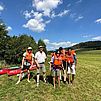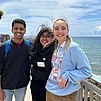
Team Members
Valeryia Drobyshava (PhD student)

Valeryia studied Medical Biology at the Belarusian State University in Minsk / Belarus. For her Master thesis, she moved to Korea and did her Master of Bio-Medical Science & Technology at the Korea Institute of Science and Technology (KIST), Center for Biomaterials in Seoul / South Korea.
In 2022, she joind the Lab for her PhD studies.
Katharina Gryska-Zotz (Post-Doc)
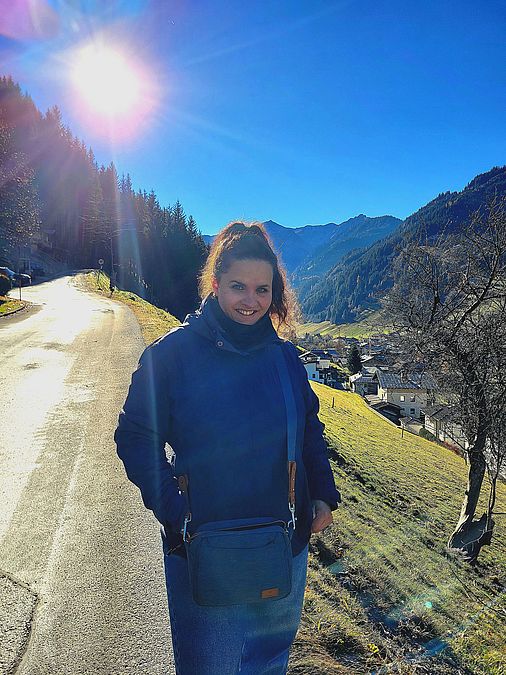 Katharina studied biology at the University of Regensburg and received her doctorate in 2022 at the Chair of Neurobiology and Animal Physiology, where she then continued to work as a postdoc. In 2025, Katharina joined the laboratory and explores on the functional interaction between immune cells and neurons in peripheral tissues.
Katharina studied biology at the University of Regensburg and received her doctorate in 2022 at the Chair of Neurobiology and Animal Physiology, where she then continued to work as a postdoc. In 2025, Katharina joined the laboratory and explores on the functional interaction between immune cells and neurons in peripheral tissues.
Morteza Heydari (PhD student)
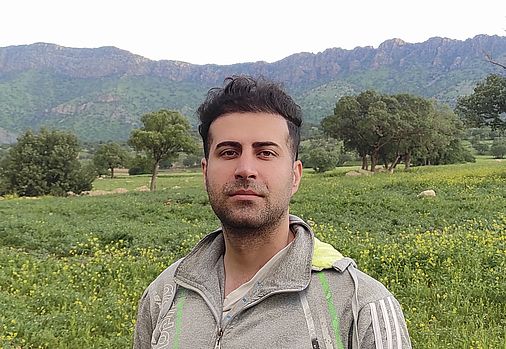
Morteza attained his undergraduate degree in Biology from Razi University situated in Kermanshah, Iran. For his postgraduate research, he studied Biochemistry at the Institute of Biochemistry and Biophysics (IBB) of the University of Tehran, in Iran. In the September 2023, he joined the Lab.
Financed by research grant from the German Research Council (DFG), his research focuses on the role of the EGF-like growth factors, Amphiregulin and HB-EGF, in immune regulation and tissue homeostasis during Graft versus Host (GvH) Disease.
Lisa Michaelis (Technical Assistant) in maternity leave
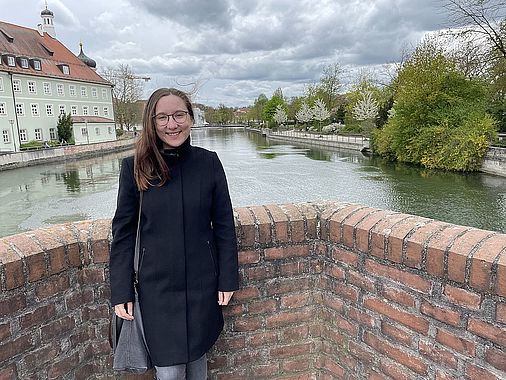 Lisa completed her training as a medical-technical laboratory assistant at the BBZ Ingolstadt and received her degree in 2015. She then worked at the Institute for Human Genetics at the University of Regensburg, performing fundamental research into retinal diseases. In May 2022 she accepted the position of an RA in the Lab.
Lisa completed her training as a medical-technical laboratory assistant at the BBZ Ingolstadt and received her degree in 2015. She then worked at the Institute for Human Genetics at the University of Regensburg, performing fundamental research into retinal diseases. In May 2022 she accepted the position of an RA in the Lab.
Saumitra Shaligram (PhD student)
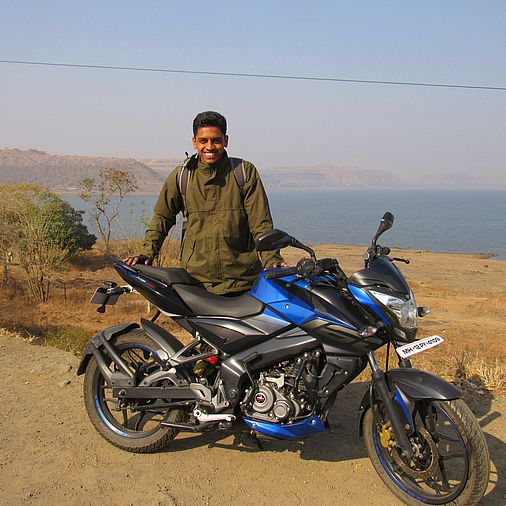
Saumitra received his B.Sc. and his Masters in Microbiobiology from Abasaheb Garware College, India. He also received a Masters of Clinical Immunology from the Victoria University of Wellington, in New Zealand.
He works together with the group of Professor Abken and develops regulatory T-cell based therapies against allergies.
Ulrike Stöckl (Technical Assistant)
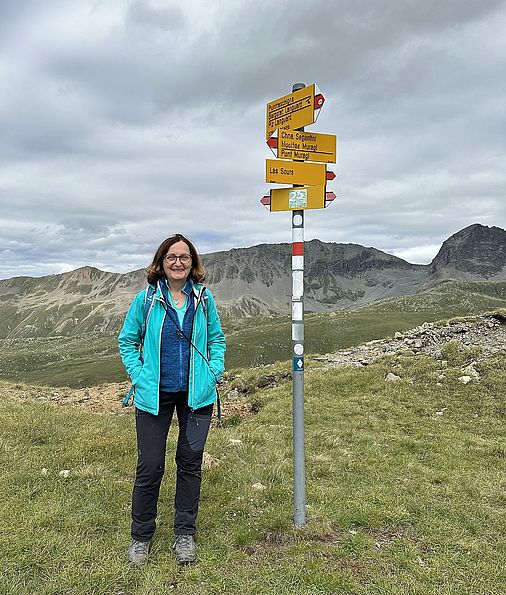
Ulrike has been working in our laboratory since the beginning of 2023. She has been employed at our university since 1978, interrupted by a 3-year employment in a biotechnology company.
Kimaya Tekade (PhD student)
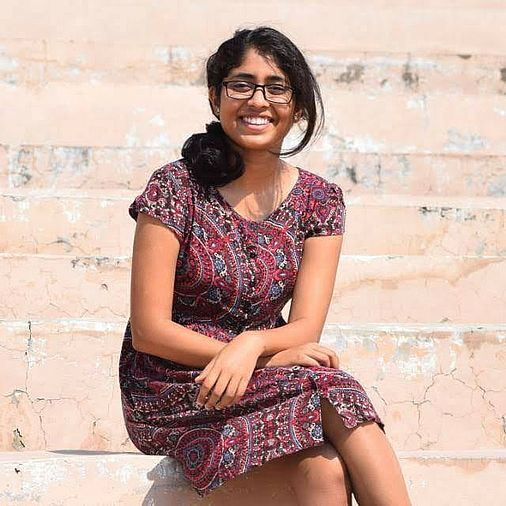
Kimaya received her bachelor's and master's in Biological Sciences from IISER (Indian Institute of Science Education and Research), Mohali, India. She joined the lab as a Ph.D. student in 2022.
Sabina Vancikova (PhD student)
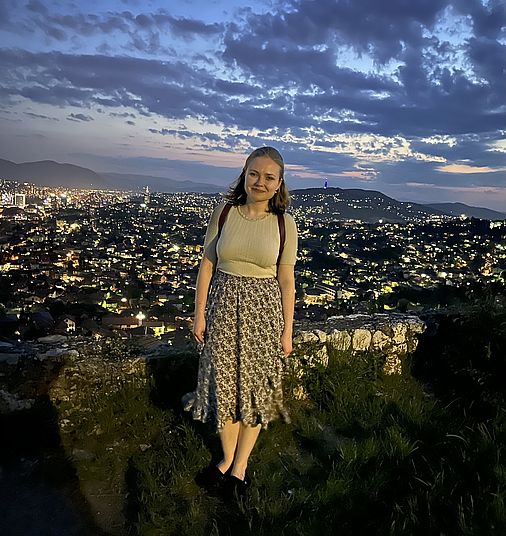
Sabina grew up in Slovakia and studied molecular biology and biochemistry at Charles University in Prague, where she also completed her master theses in immunology and social epidemiology.
Since September 2023 she is doing her PhD in the laboratory, focusing on the role of the EGFR and its ligands in the field of tumor immunology.
Dietmar Zaiss (PI)
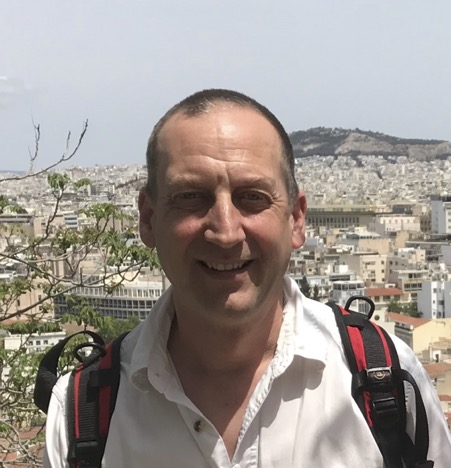
Dietmar studied Cell & Molecular Biology, in Germany at the Philipps University in Marburg and in the USA, at Syracuse University. He received his PhD in Cell Biology from the Humboldt University in Berlin / Germany, before he moved to the Lab of Tim Mosmann at the University of Rochester in Upstate New York, where he discovered that the EGF-like growth factor Amphiregulin is a Type-II cytokine, involved in worm rejection.
As a Group Leader at the University of Utrecht in The Netherlands, he then showed that Amphiregulin enhances regulatory T-cell function, and at the University of Edinburgh, where he held a faculty position from 2013 till 2023, he demonstrated that Amphiregulin is mediating its effect via the local activation of latent TGFβ complexes.
Since Fall 2021, he holds a professorship for Immune Cell Communication at the University of Regensburg in Germany and focuses his research on utilizing this knowledge for the development of novel therapeutic approaches to treat inflammation-associated diseases.
